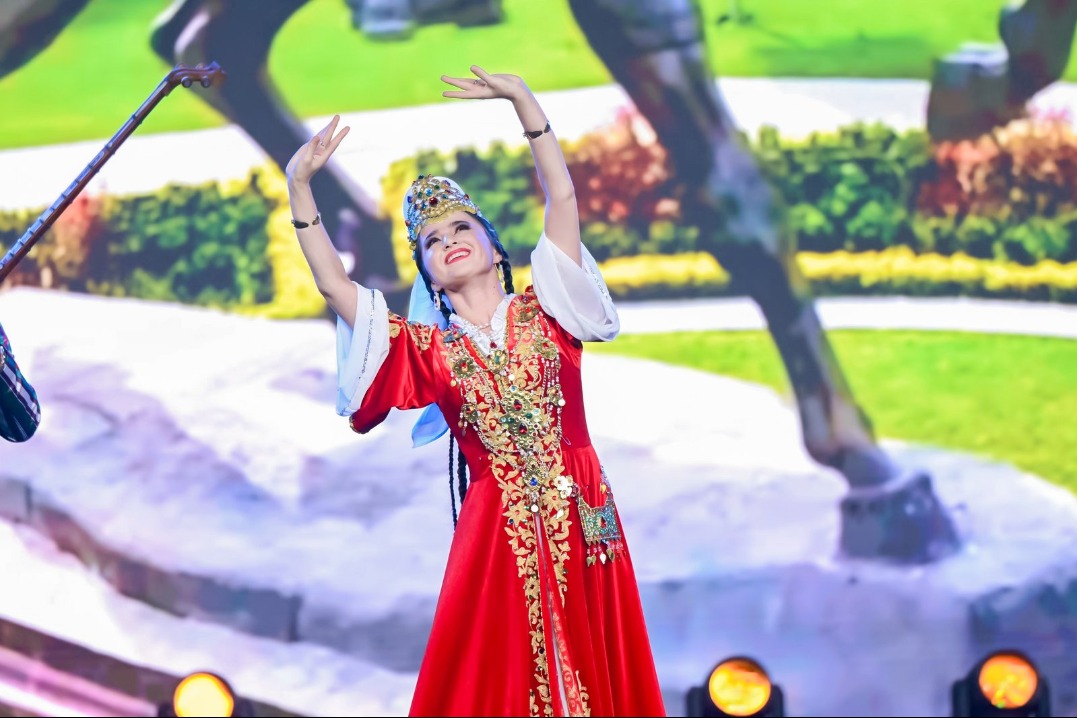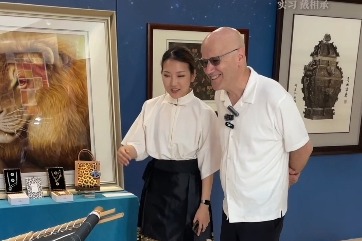China Daily forum sees experts debate merits of IP productions

To protect and nurture the long-term value of IP assets, investors and producers should rein in excitable bidding on properties with built-in buzz and focus more on good storytelling, appropriateness, and quality in the adaptation process that fans demand, the panelists said.
And, films and TV shows based on IP content are poised to become leading drivers of China's cultural influence around the world, they added.
"China is the world's second-largest economy, but the influence of Chinese culture cannot match the status of its economy," says panelist Ma Zhongjun, chairman and president of Ciwen Media, a Beijing-based entertainment media group.
"In the future, with China having a bigger say globally, I think Chinese films and stories will have much greater influence in the global market."
IP adaptations are a key part of the maturing process in China's film industry, and Ma predicted global development would be driven by IP content rather than by star power.
"Currently, the value of the industry can only be seen from famous movie stars, but as the market continues to develop, the industry, as a whole, will show its value," he says.
With the stakes encompassing national development as well as commercial gains, the panel urged a sustainable approach to IP adaptation.
"It can't be hurried," says Gao. "To produce excellent works you must put your heart into it."
Highlighting the level of interest in IP, the initial public offering of China Literature, the online publishing arm of tech giant Tencent Holdings, in Hong Kong in November, was oversubscribed by a factor of more than 50.
Vice-president of China Literature Luo Li told the forum, co-organized by China Daily Asia Pacific and the Hong Kong Trade Development Council, "Hong Kong is the best place for us to start going global."
Meanwhile, video games have shown they may become the next cash cow for movie adaptation. Warcraft: The Beginning, a film adaptation based on the game World of Warcraft, was a massive hit in China, with a box-office take of 1.47 billion yuan.
The success was partly accredited to the popularity of video games in the country.
Statistics show that in the first six months of the year, sales of competitive gaming products hit 35.64 billion yuan in the Chinese market, a rise of 43 percent year-on-year, according to Beijing-based video game research firm CNG.
Yang Hang, Wang Yuke, Lin Wenjie and Dara Wang in Hong Kong contributed to the story.





































